Menu
MetalsTek Engineering is a leading supplier of Bismuth Metals. We have a large inventory of Bismuth raw materials to save your time and costs.
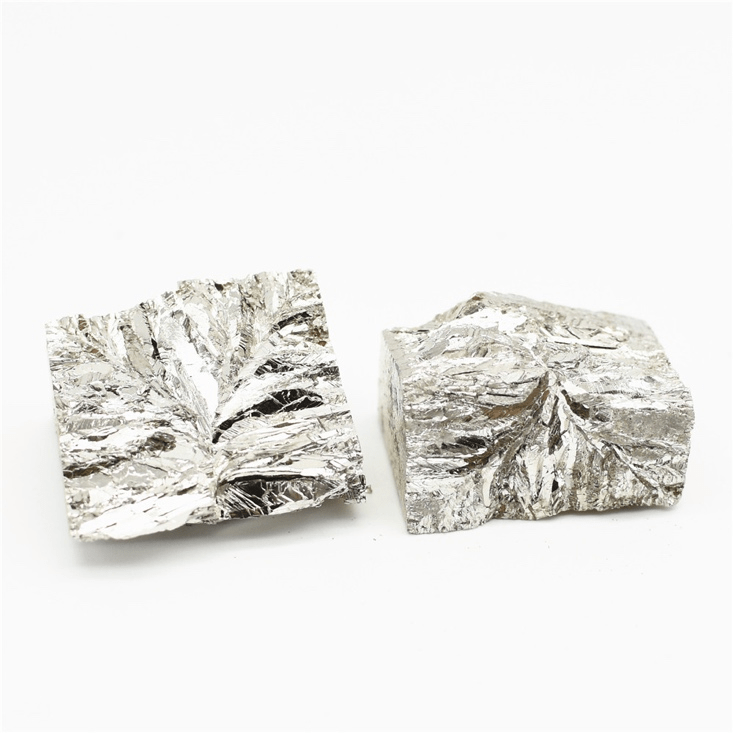
Material: Bismuth, Bi
Purity: 99.9%~99.99%
Properties: 9.78g/cc Density, 271.5°C M.P., 7.97 W/(m⋅K) Thermal Conductivity
Form: Powder, Pieces, Granules, Ingot, Customized Shapes
Size: Tailored Size
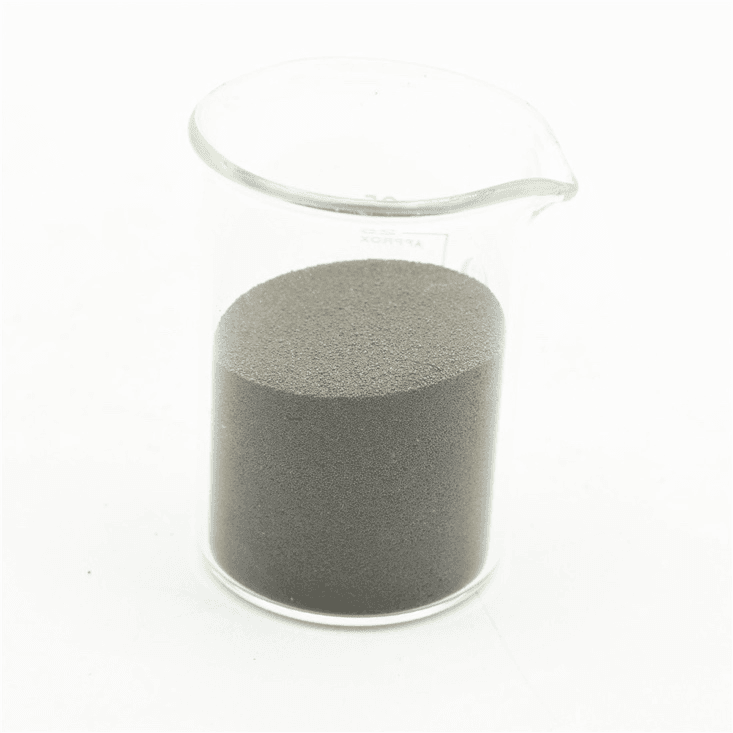
Material: Silver, Ag-99%
Temperatures: 961.78°C M.P., 2,162°C B.P.
Particle Size: 0.5~1μm
Surface Area: 0.4 to 1.5m2/g
Main Applications: Medical, Fabrics, Health Care, Electronic Paste, Catalyst
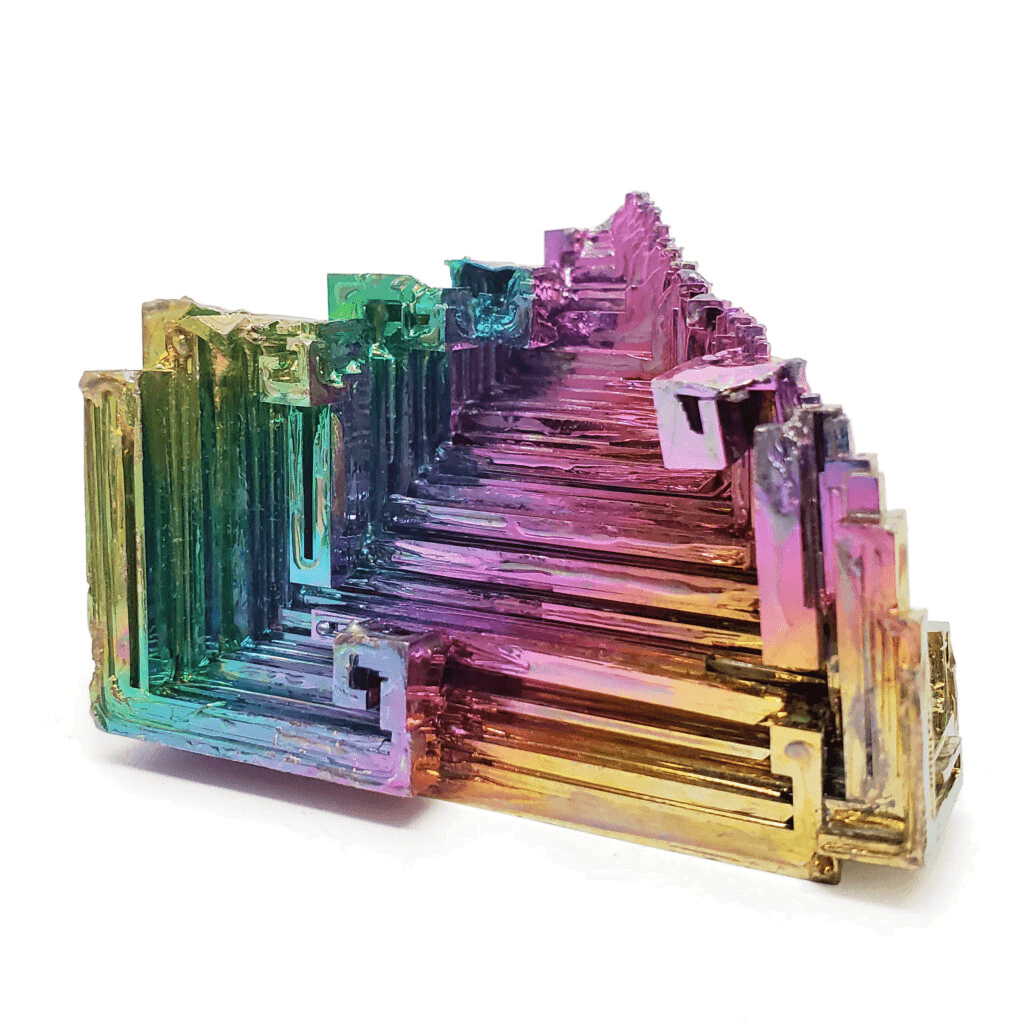
Material: Bismuth, Bi
Purity: 99.99%
Form: Unique Shapes, Irregular Shapes
Size and Weight: Varies, Contact Us for More
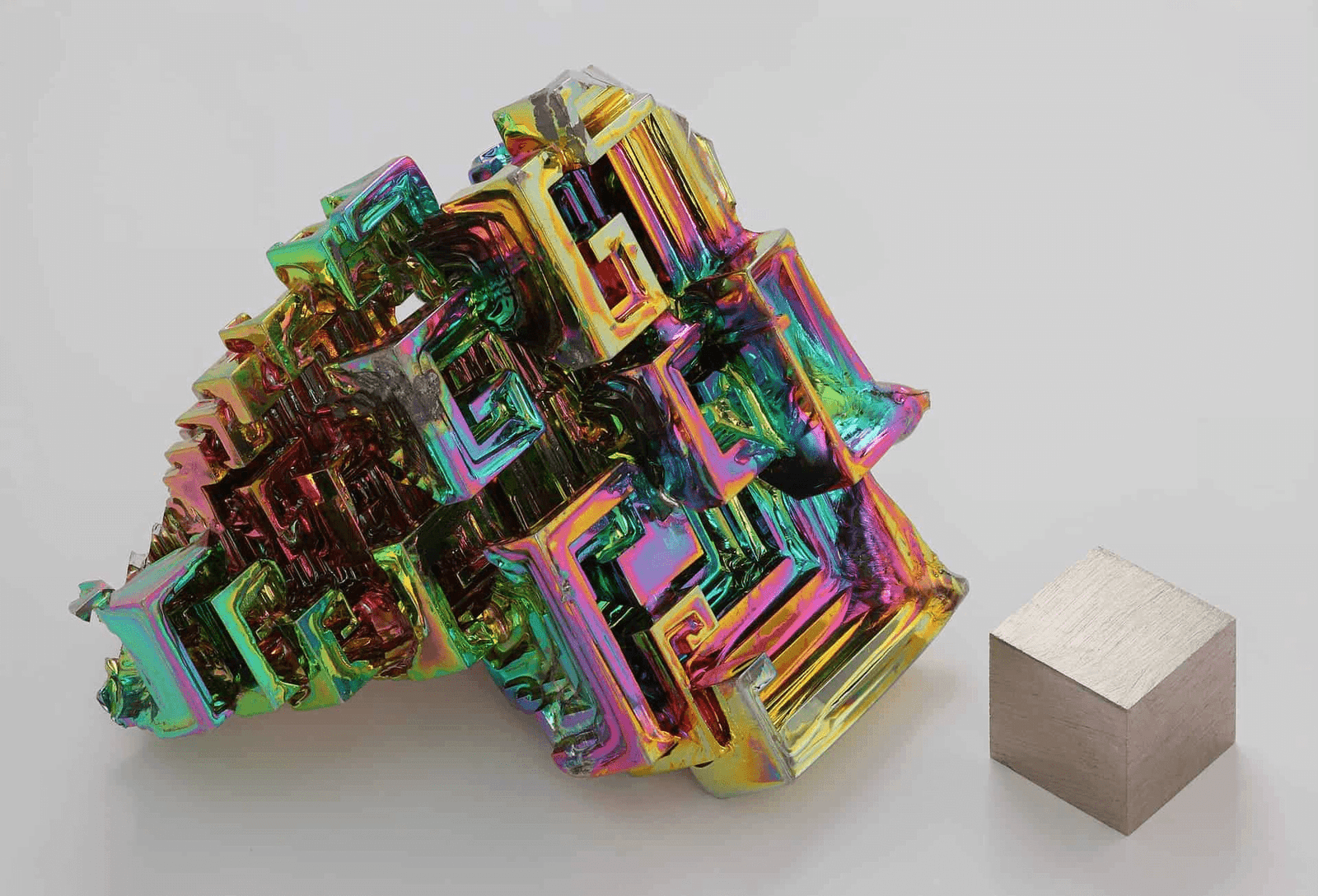
Bismuth Metal is distinguished by its remarkable properties, making it highly valued across various applications. It is the most diamagnetic of all metals and exhibits a very low thermal conductivity, which is unusual and beneficial for specific industrial applications. Notably, bismuth expands upon solidification, a rare trait among metals, which proves essential in precision casting processes as it ensures the integrity of the mold fill. With a relatively low melting point of about 271.5°C (520.7°F), bismuth can be quickly melted and handled in various manufacturing processes, making it a versatile material for many applications. Its resistance to oxidation at room temperature further enhances its appeal in products exposed to the elements.
Beyond its physical properties, bismuth is environmentally benign and non-toxic, making it an ideal substitute for lead in many applications where toxicity is a concern. This aspect is particularly significant in producing lead-free solders, ammunition, and fishing sinkers, contributing to environmental sustainability and human health. Moreover, bismuth’s unique electrical and thermal properties are exploited in thermoelectric materials for power generation and cooling applications, showcasing its utility in energy-efficient technologies. The combination of its low toxicity, distinctive physical properties, and environmental compatibility positions bismuth as a metal of choice for future-oriented applications, spanning from medical and cosmetic products to alloys and electronics, reflecting its growing importance in advancing sustainable and innovative material solutions.
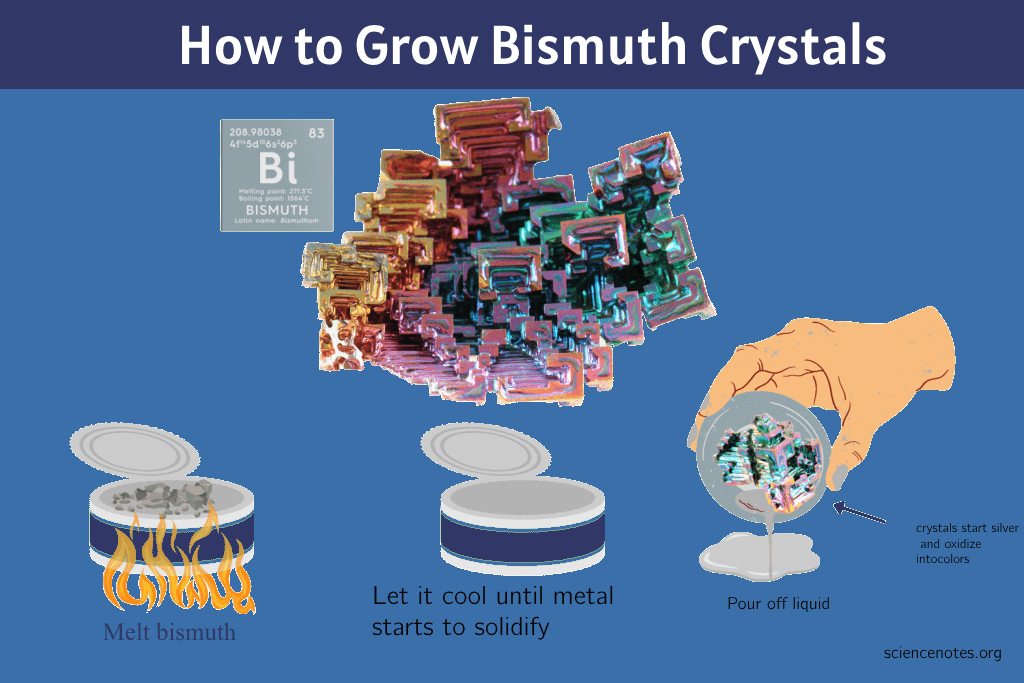
Bismuth is a versatile metal with a wide range of applications across various industries, thanks to its unique properties such as non-toxicity, high density, low melting point, and diamagnetic nature. Here are some of the key applications of bismuth:
These applications showcase bismuth’s role in enhancing product safety, environmental sustainability, and technological advancements across diverse sectors.
Our Bismuth materials are clearly labeled externally to ensure efficient identification and quality control. We take great care to prevent any damage during storage or transportation.